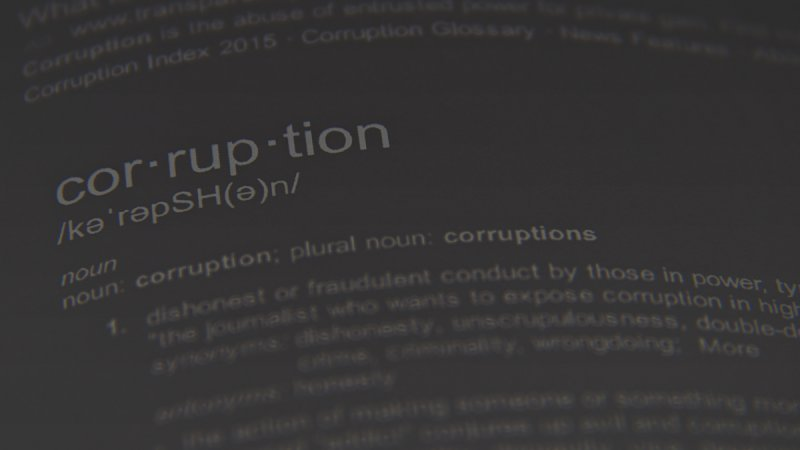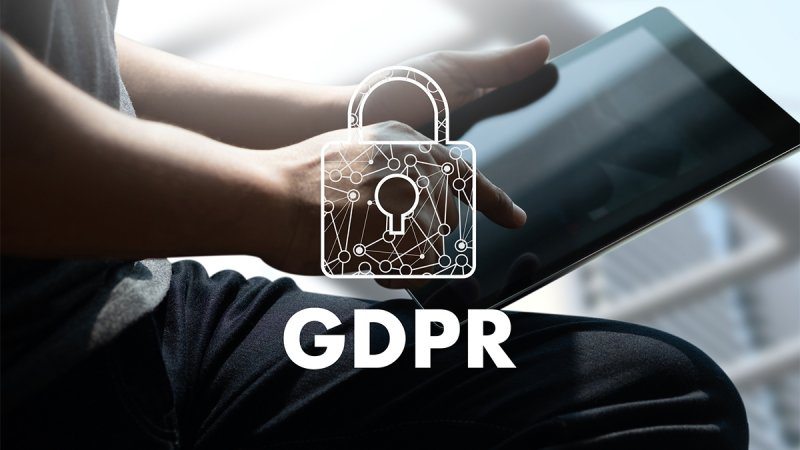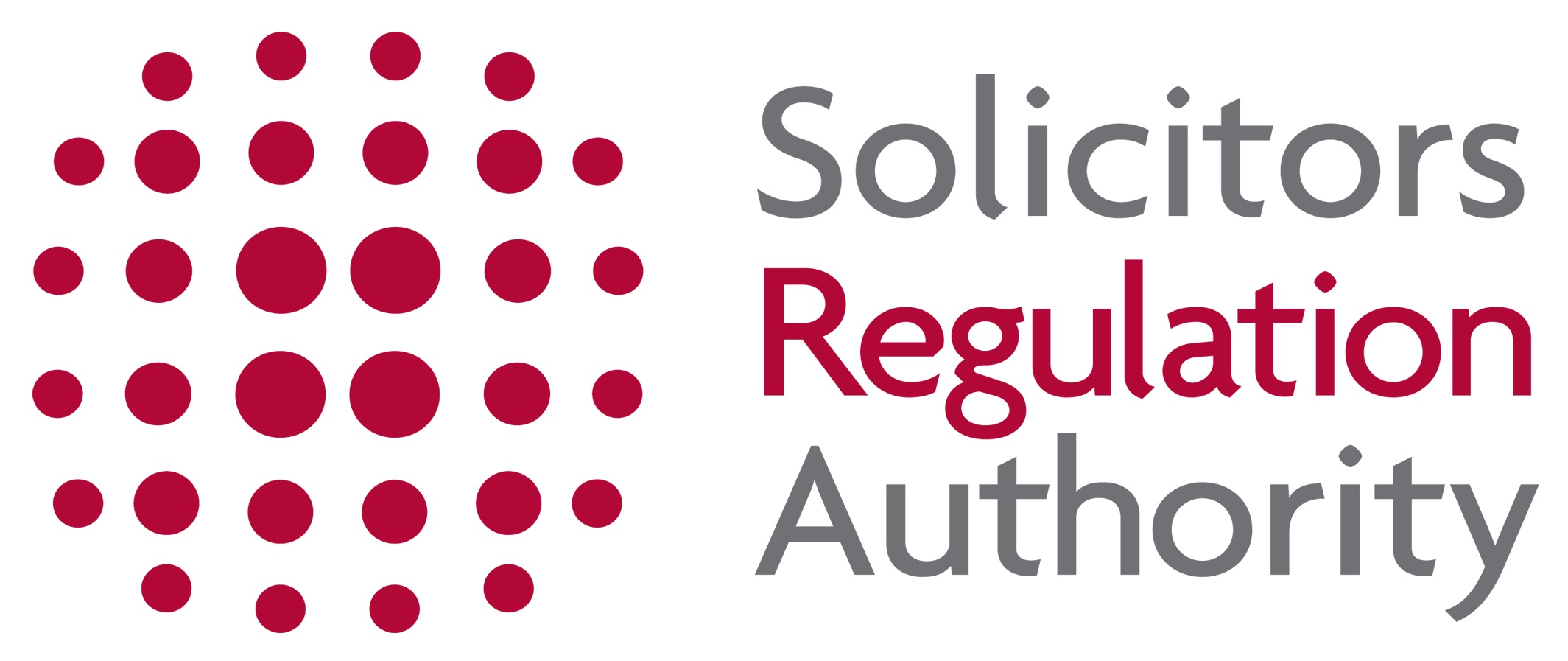Bribery is the action of offering another individual something of value, notably money, in exchange for something which will be beneficial to the briber. Corruption can apply to a large range of actions, which are essentially conducted with illegitimate and dis-honest intentions. Bribery and corruption can offer an individual within the business sector the opportunity to speed up certain processes, as well as achieving targets or deals which they would not have been able to achieve lawfully. Therefore, bribery and corruption has become rife in the business sector, and consequently there have been demands to control this type of deceitful activity.
Bribery and corruption today:
The Bribery Act 2010 came into effect due to the increasing number of bribery offences. The Bribery Act 2010 effectively states the most notable forms of bribery:
1) The act of bribing another individual (with money or something of value). Then, in-turn the act of being bribed (you are guilty for accepting a bribe).
2) The act of bribing a foreign public official.
3) The act of organisations failing to prevent a bribe from taking place in their environment, which is an indication that they do not have precautionary anti-bribery and corruption procedures in place.
4) The act of senior officials within organisations consenting to and partaking in bribery and corruption.
Corruption, which is more widely applied to a range of deceitful activities within an organisation, occurs due to individuals who are willing to enhance their personal profit, through illegal measures. Corruption can occur because no individuals or set of procedures have been implemented to stop it. Therefore, corruption can assume the form of:
1) Bribery
2) Extortion
3) Fraud
5) Embezzlement
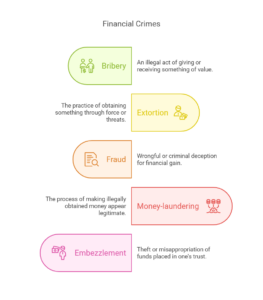
Why has the rate of bribery and corruption increased in recent years?
The rise of technology and the expansion of organisations into new markets has facilitated the rise in corruption rates, as organisations and individuals have been exposed to new technologies and opportunities which can enable corruption. This has been followed by the new anti-bribery and corruption laws which have been introduced, such as the UK Bribery Act 2010, which has cast light upon bribery and corruption scandals which have previously been covered up. However, tighter controls now ensure that these scandals cannot be covered up so easily.
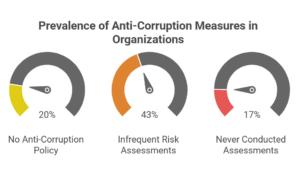 Organisations and businesses have been renowned for their lack of commitment to implementing anti-bribery and corruption procedures, perhaps because they have assumed it will take up too much time and money. A study conducted by HR Magazine found that notable companies were not risk aware, with almost 1 in 5 of organisations questioned stating that they do not have an anti-corruption policy. Moreover, 43% of the organisations questioned do not conduct a bribery and corruption risk assessment more than once a year, and 17% of the organisations have never conducted an anti-corruption risk assessment at all.
Organisations and businesses have been renowned for their lack of commitment to implementing anti-bribery and corruption procedures, perhaps because they have assumed it will take up too much time and money. A study conducted by HR Magazine found that notable companies were not risk aware, with almost 1 in 5 of organisations questioned stating that they do not have an anti-corruption policy. Moreover, 43% of the organisations questioned do not conduct a bribery and corruption risk assessment more than once a year, and 17% of the organisations have never conducted an anti-corruption risk assessment at all.
The failure to implement anti-bribery and corruption procedures is careless, as anti-bribery and corruption procedures are far more beneficial than they are a burden. These procedures will protect an organisation from the threat of an unlimited fine for allowing bribery and corruption to occur within their environment, and are therefore necessary.
What attempts have there been to control bribery and corruption?
The Institute of Chartered Accountants in England and Wales (ICAEW) has allied with other similar professional organisations with the mutual goal of tightening controls on bribery and corruption, through using anti-corruption summits. The corrupt activity which is currently plaguing corporations and governments includes bribery, money laundering, financing of terrorism and tax-evasion. Therefore, for corruption to be tackled properly, there needs to be a concerted effort from corporations and governments.
The Chief Executive of ICAEW, Michael Izza, during a statement in 2018, declared that this concerted effort to tackle corruption was going to take place, in order to achieve a high standard of ethics and integrity.
KPMG, a professional service company based in the Netherlands, advise multinational companies with regards to Anti-Bribery and Corruption (ABC) risks and concerns. KPMG do this through working in conjunction with the UK Bribery Act 2010 and the Foreign Corrupt Practices Act (FCPA). Through utilising KPMG’s advice and ABC risk guidelines and assessments, it ensures that an organisation can demonstrate whether they have effectively implemented anti-bribery and corruption procedures. Therefore if a risk did occur, an organisation will have the power to demonstrate they have attempted to prevent bribery and corruption. KPMG offer advice on ABC risk assessments, ABC due diligence and ABC third-party risk assessments.
In short, it is certainly wise for organisations to make sure they enforce anti-bribery and corruption procedures to protect their workplace against corruption.










